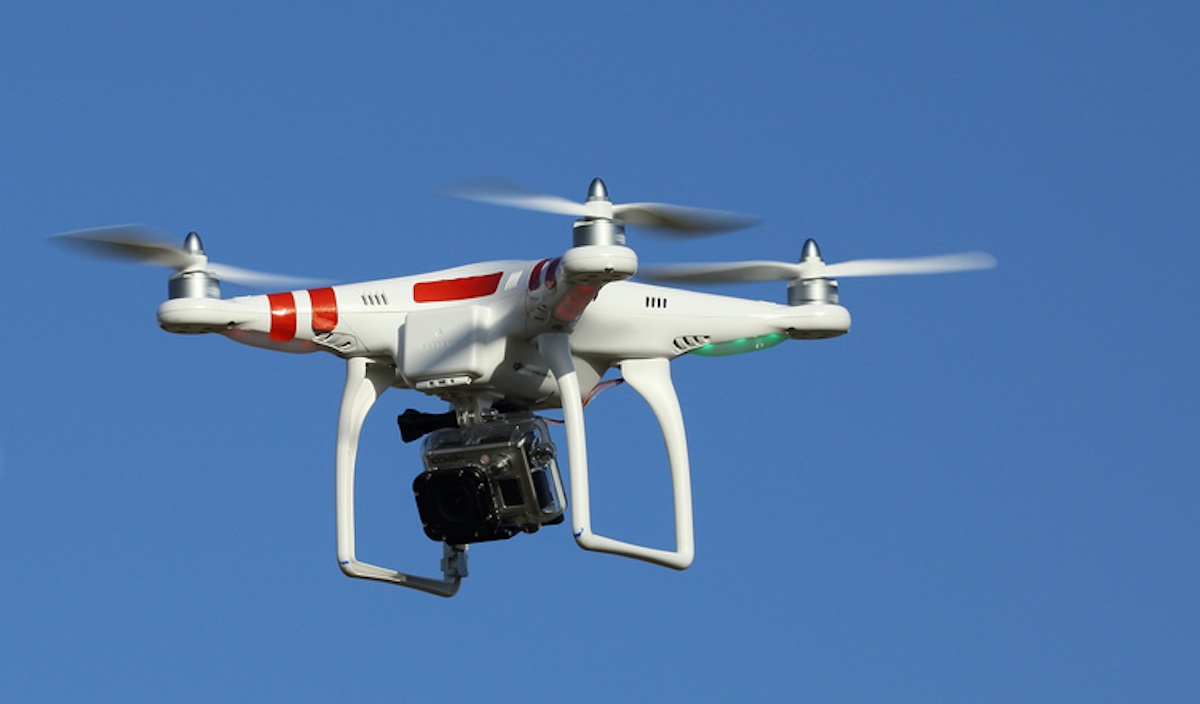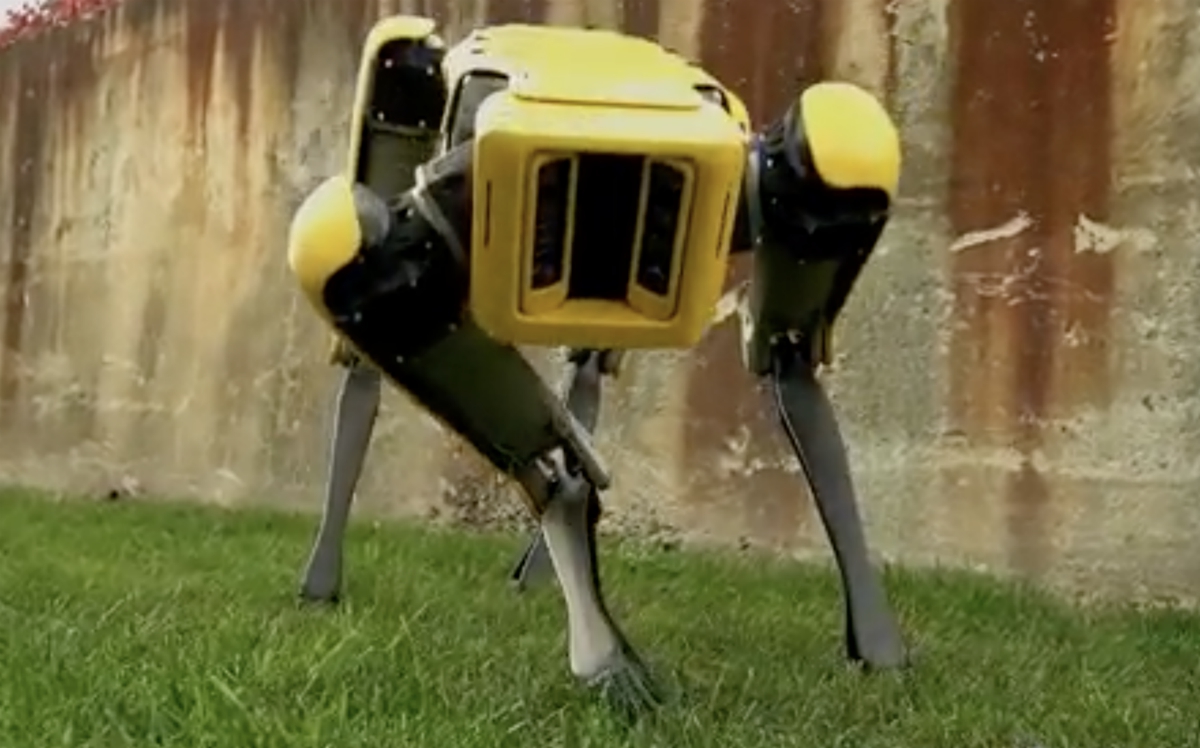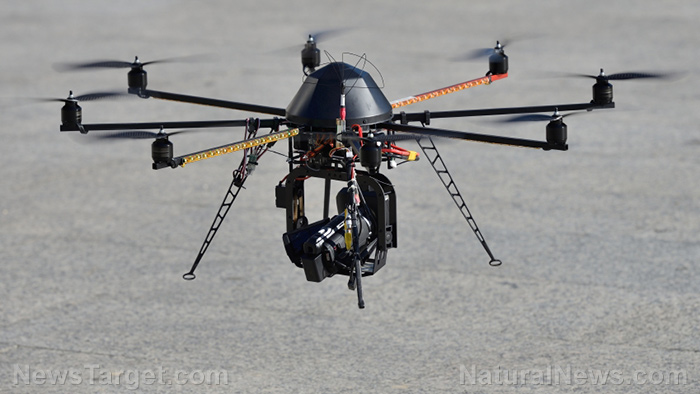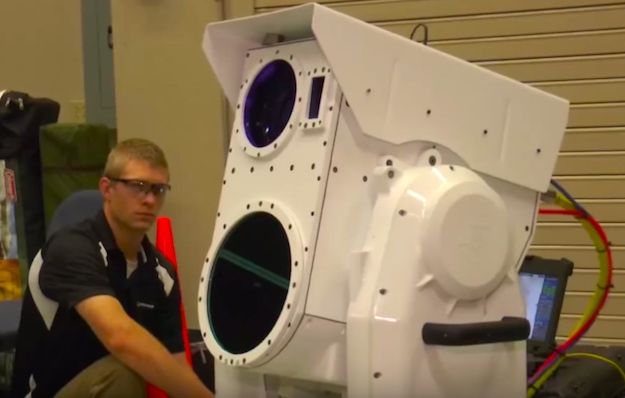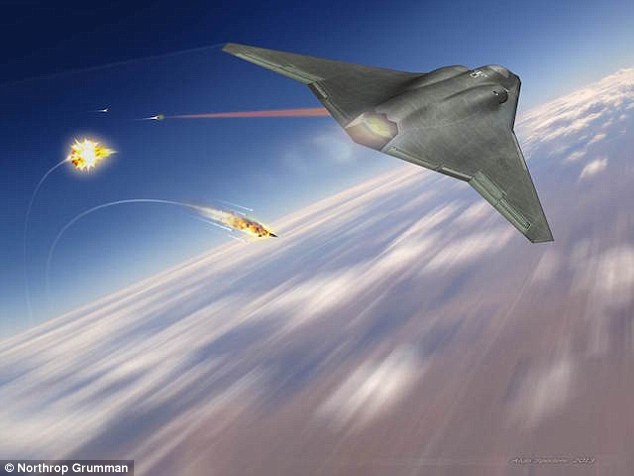How long before the Pentagon arms the drones now flying over America? Police state drone strikes on citizens now inevitable…
03/18/2016 / By JD Heyes
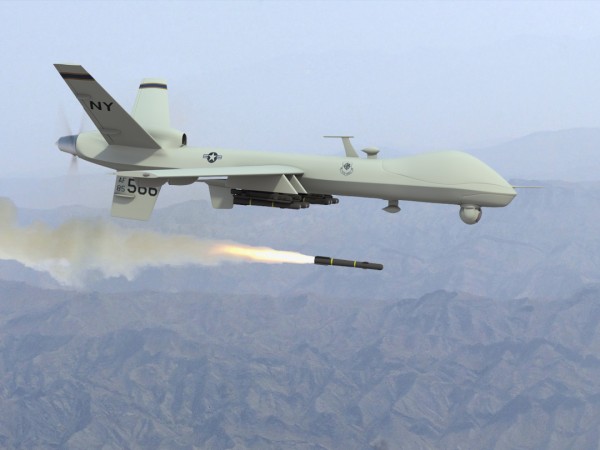
In recent days the Pentagon made a startling admission: Between 2006 and 2015, it had deployed drones in spying roles over U.S. soil nearly 20 times, in what appears on the surface to be a blatant violation of existing U.S. statutes and constitutional privacy protections.
As reported by USA Today:
The report by a Pentagon inspector general, made public under a Freedom of Information Act request, said spy drones on non-military missions have occurred fewer than 20 times between 2006 and 2015 and always in compliance with existing law.
That last part is extremely interesting, given that, from the paper’s additional reporting, it appears that the “legal basis” for using military spy drones over American soil is a matter of Pentagon policy, not statutory law:
[The inspector general report] said that with advancements in drone technology along with widespread military use overseas, the Pentagon established interim guidance in 2006 governing when and whether the unmanned aircraft could be used domestically. The interim policy allowed spy drones to be used for homeland defense purposes in the U.S. and to assist civil authorities.
But the policy said that any use of military drones for civil authorities had to be approved by the Secretary of Defense or someone delegated by the secretary. The report found that defense secretaries have never delegated that responsibility.
When do military policies qualify as statutory laws that also defy constitutional privacy protections and other statutory laws like 18 U.S. Code § 1385 – Use of Army and Air Force as posse comitatus – which states:
Whoever, except in cases and under circumstances expressly authorized by the Constitution or Act of Congress, willfully uses any part of the Army or the Air Force as a posse comitatus or otherwise to execute the laws shall be fined under this title or imprisoned not more than two years, or both.
Since the late 1870s, under “posse comitatus” laws, the U.S. military has been forbidden from serving in a law enforcement role, on any level. As noted by 18 U.S. Code above, that does not appear to have changed.
Furthermore, if the military can fly an unarmed spy drone over the country, what is to prevent a president from ordering an armed drone strike on American soil?
You may recall this question was posed by a sitting U.S. senator and former presidential contender: Rand Paul, Republican from Kentucky.
In July 2013, Paul received two letters from the FBI – one classified and another unclassified, the former of which he placed on his web site. In the unclassified version, Paul said the bureau told him that, at that time, agents had flown spy drones over U.S. soil 10 times.
Paul was an early advocate of pressing the Obama administration over its use of armed drones to target and kill American citizens overseas who were only thought to have been involved in terrorist activities but who, as citizens, were never arrested and tried, only killed. In fact, he staged a 13-hour Senate filibuster of CIA director nominee John Brennan over such concerns. During his filibuster he railed on the Obama administration for not clearly stating it would never use armed drones against targets on American soil.
Later, after it appeared he had softened his position on the use of drones – armed or otherwise – he made clear that he had not.
“Armed drones should not be used in normal crime situations. They may only be considered in extraordinary, lethal situations where there is an ongoing, imminent threat. I described that scenario previously during my Senate filibuster,” he said.
“Fighting terrorism and capturing terrorists must be done while preserving our constitutional protections. This was demonstrated last week in Boston. As we all seek to prevent future tragedies, we must continue to bear this in mind,” he added.
Improper, illegal, unconstitutional acts will only become “normalized” if the American people allow them to be.
Sources:
Tagged Under: Constitutional rights, drones, FBI, Pentagon, privacy, spy drones

